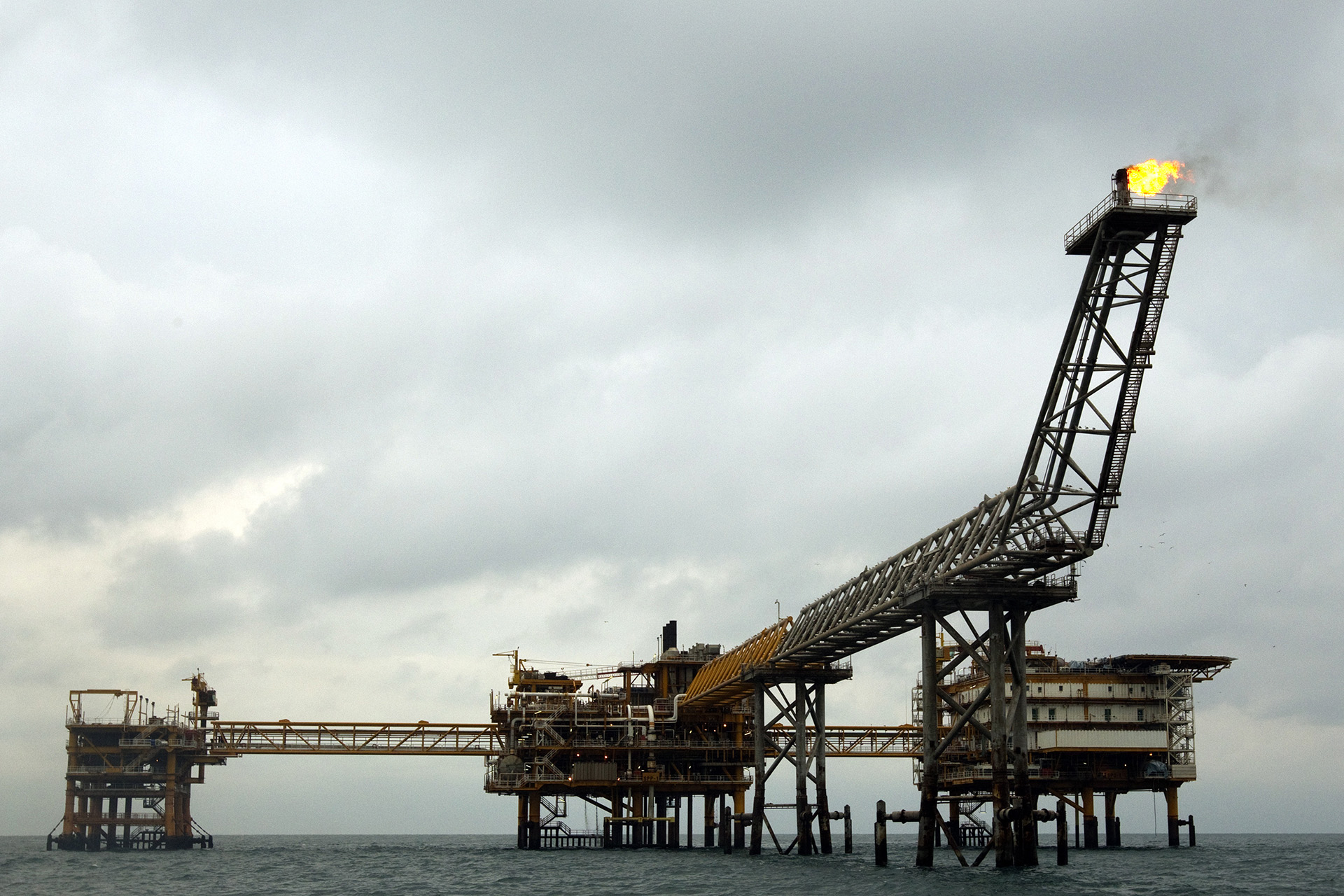Saudi Arabia and Kuwait on Thursday issued a new statement regarding their dispute with Iran over the Durra gas field, while Kuwaiti Foreign Minister Sheikh Salem Abdullah Al-Jaber Al-Sabah received an invitation to visit Tehran.
Saudi Arabia and Kuwait announced on Thursday that they were the sole owners of the Durra gas field, part of a dispute that is escalating after Tehran threatened to continue exploration.
"The Kingdom of Saudi Arabia and the State of Kuwait reaffirm that the ownership of the natural resources in the submerged divided area, including the entire Durra field, is the joint property of the Kingdom of Saudi Arabia and the State of Kuwait only, and they alone have full sovereign rights to exploit the wealth in that area," a Saudi Foreign Ministry statement said.
Law and neighborhood
The two countries renewed their "previous and repeated calls for the Islamic Republic of Iran to negotiate the eastern boundary of the submerged divided zone with the Kingdom of Saudi Arabia and the State of Kuwait as one negotiating party, and the Islamic Republic of Iran as the other, in accordance with the provisions of international law and the principles of good neighborliness."
In the same context, Kuwait announced Thursday that its Foreign Minister Sheikh Salem Abdullah Al-Jaber Al-Sabah received an invitation from his Iranian counterpart Hossein Amir Abdollahian to visit his country.
The Kuwaiti Foreign Ministry said in a statement that the foreign minister received today a copy of the credentials of Iran's new ambassador to Kuwait, Mohammad Tutunji, and that he handed him an invitation from his Iranian counterpart to visit Tehran.
"During the meeting, they discussed all aspects of Kuwaiti-Iranian relations," the statement said.
Negotiation and exploration
Iran and Kuwait have held talks for years on the disputed natural gas-rich maritime border area, with little result.
Recent attempts to revive negotiations have failed, with Iran's oil minister saying on Sunday that Tehran could continue drilling in the field even without a deal.
The Shana news agency of the Iranian Ministry of Oil quoted Minister Javad Oji as saying that "Iran will preserve its rights and interests regarding the exploitation and exploration" of the field "unless there is a desire for understanding and cooperation."
Last month, Kuwait called on Iran to hold a new round of talks on the maritime border after Tehran signaled it was ready to start drilling at the field.
Kuwaiti Oil Minister Saad al-Barrak was also reportedly quoted as saying his country would also start drilling and production from the gas field without waiting for a border demarcation agreement with Iran.
Two marine concessions
The dispute over the field dates back to the sixties, when Iran and Kuwait were awarded two maritime concessions, one to the Anglo-Iranian Oil Company (before it became BP) and the other to Royal Dutch Shell.
The two concessions were in the northern part of the field, whose explorationable reserves are estimated at about 220 billion cubic meters.
Last year, Kuwait and Saudi Arabia signed a deal to jointly develop the field despite opposition from Iran, which called the deal "illegal".

